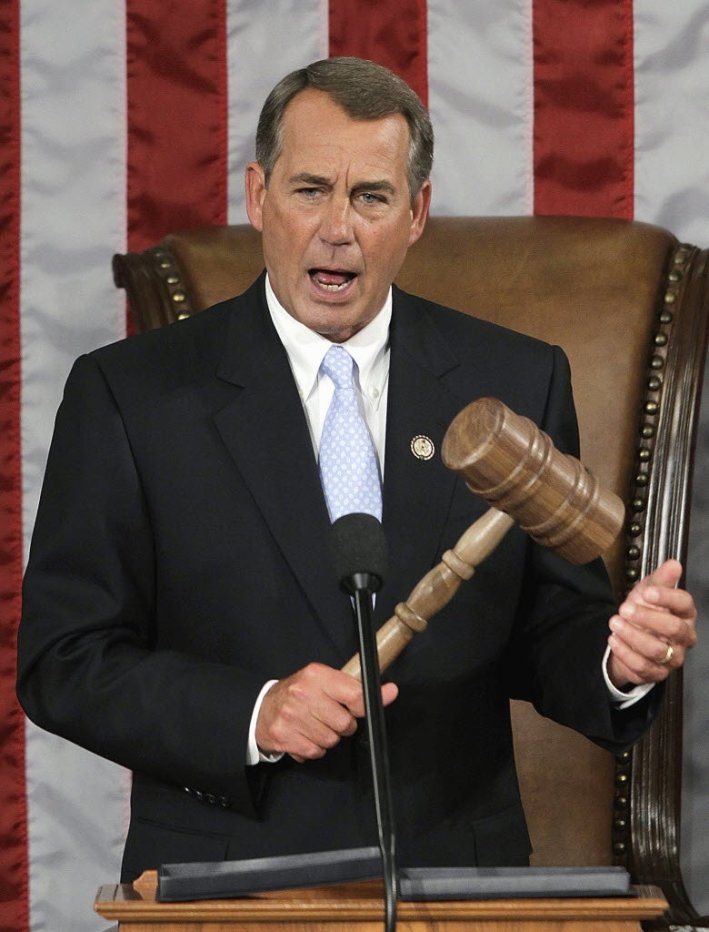Last week's big news -- that the House transportation bill faces a likely overhaul by its Republican authors -- rippled through Washington faster than you can say, "gas tax increases are off the table." Very little is known yet about the revised House bill, except that it will probably restore dedicated funding for mass transit, which is good but by no means a fix.

The news mainly resurrects a host of old questions: How big will the House proposal be, and how long will it last? How will the House bill affect local planning efforts, and how much support will bicycle and pedestrian infrastructure receive? Just like this time last month, it's anyone's guess, but this being the Tea Party House, the bill is almost definitely going to get smaller.
The House is expected to scale back its initial five-year, $260 billion proposal to something more closely resembling the Senate's two-year, $109 billion proposal. Five- or six-year transportation bills have been the norm for decades, but since the last long-term bill expired in 2009, efforts to pass a new one have failed -- whether proposed by a Democratic majority or the current Republican one. (Whether a two-year bill may actually create a competing precedent is the subject of today's Transportation Experts Blog at the National Journal.)
This might not be such a bad thing, surmises Steve Heminger, executive director of the Bay Area's Metropolitan Transportation Commission. "Maybe what we have here," Heminger said at a media conference call convened by T4America, "is an emerging consensus to buy a little time, get past the presidential election, then use that time wisely and think big again." A two-year bill, then, would really serve as an extension of the current law while "planting the seeds," in Heminger's words, for a longer-term bill that would "invest in the network the way we need to."
Speaking on the same call, John Robert Smith, president of Reconnecting America, said of the House's decision to revamp their approach, "I think as bad as the bill started, you're seeing Republicans and Democrats coming together to solve problems they've heard about from local governments and citizens of their home districts." Smith specifically mentioned the Nadler-Blumenauer-LaTourette amendment, which would restore bike-ped funding, as one such instance.
Meanwhile, the Senate will get back to debating its own bill this week, beginning with two amendments that have nothing to do with the underlying bill: one that would effectively dismantle President Obama's compromise measure on health insurance coverage for contraception, and one that would cut all aid to Egypt until the American pro-democracy organizers held there are released.
Senate Majority Leader Harry Reid had tried to keep these amendments at bay, and indeed a majority of Senators agreed with him. However, he fell short of the 60 votes needed to proceed to more relevant amendments, like the Cardin-Cochran proposal to let metro areas access federal bike-ped funding.
These non-germane amendments may simply be there for the sake of argument, as Senator James Inhofe has indicated. The Senate bill is still expected to pass with the same bipartisan support it enjoyed in committee.
The possibility exists, however, that while the Senate bill would keep spending at current levels, the House bill might call for cuts to transportation spending. Such a move would go counter to the advice of blue-ribbon panels, industry groups, and the policy goals of the Obama administration. It would also surely put a squeeze on transit agencies that are already struggling to stave off service cuts.





